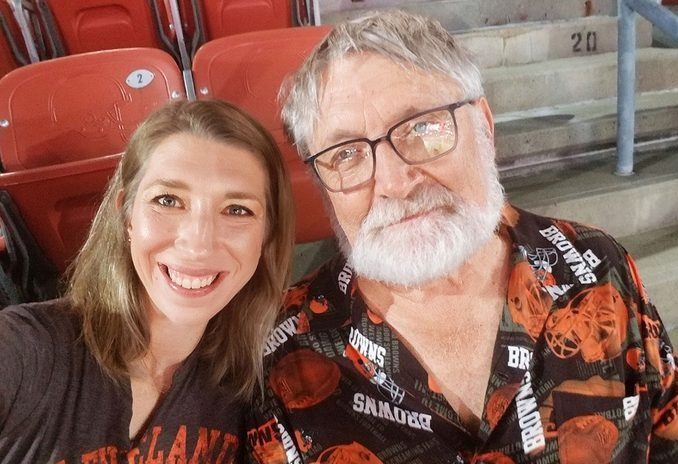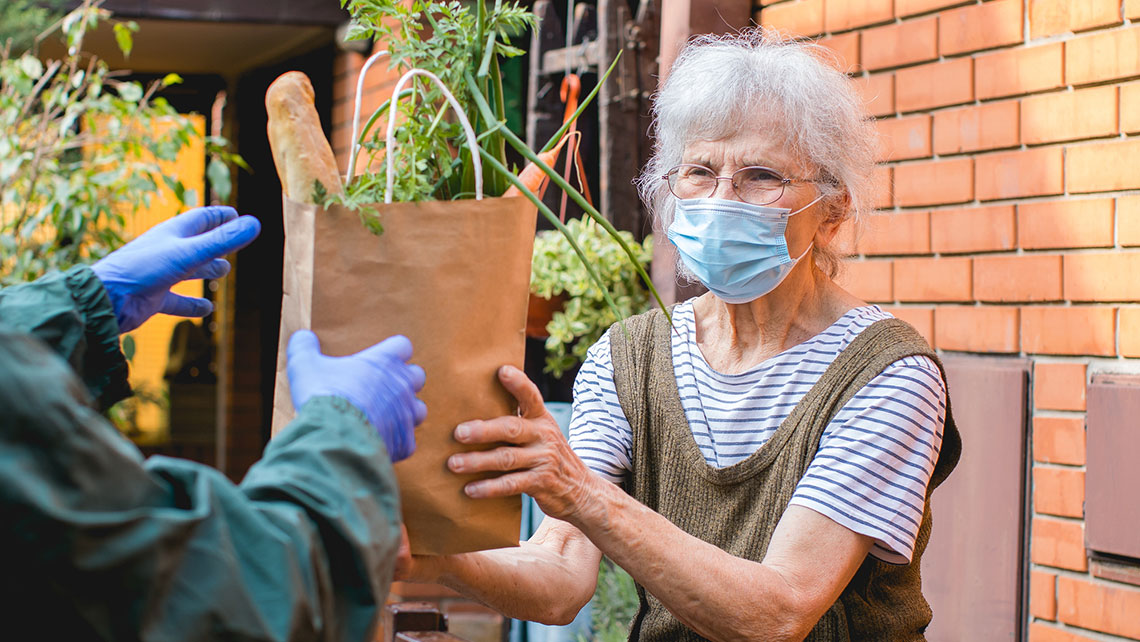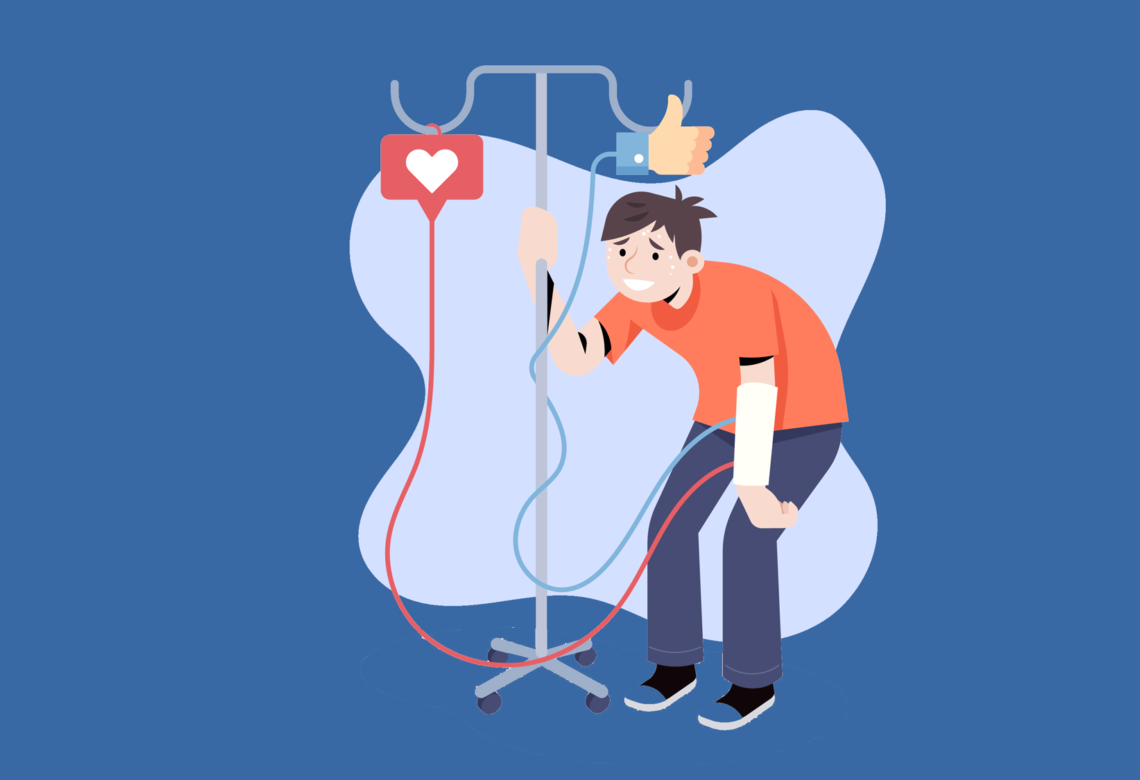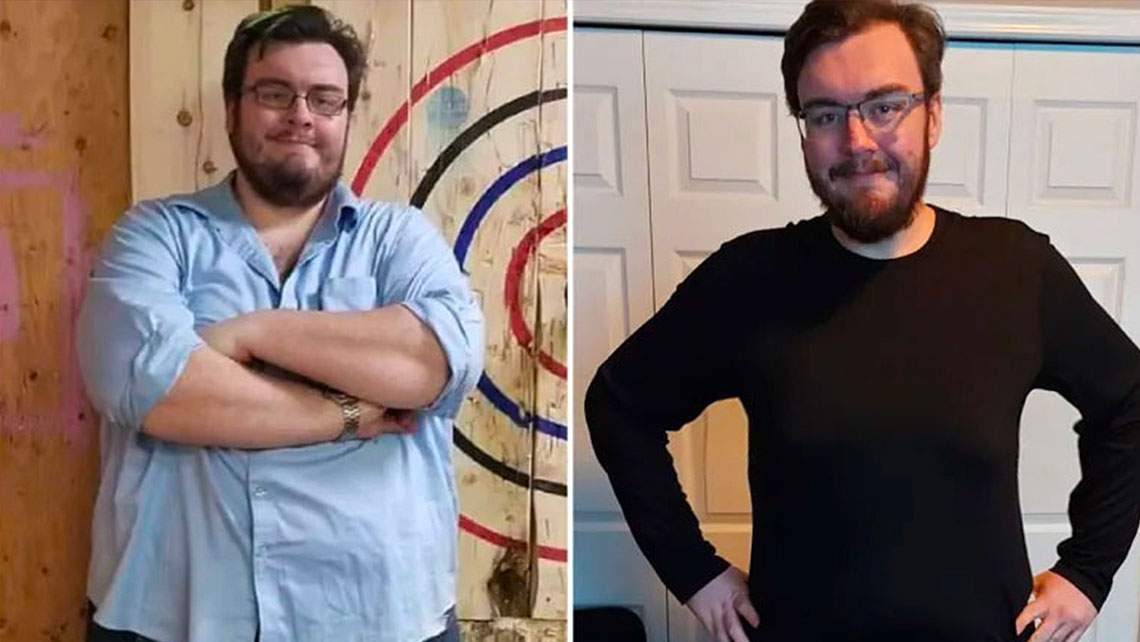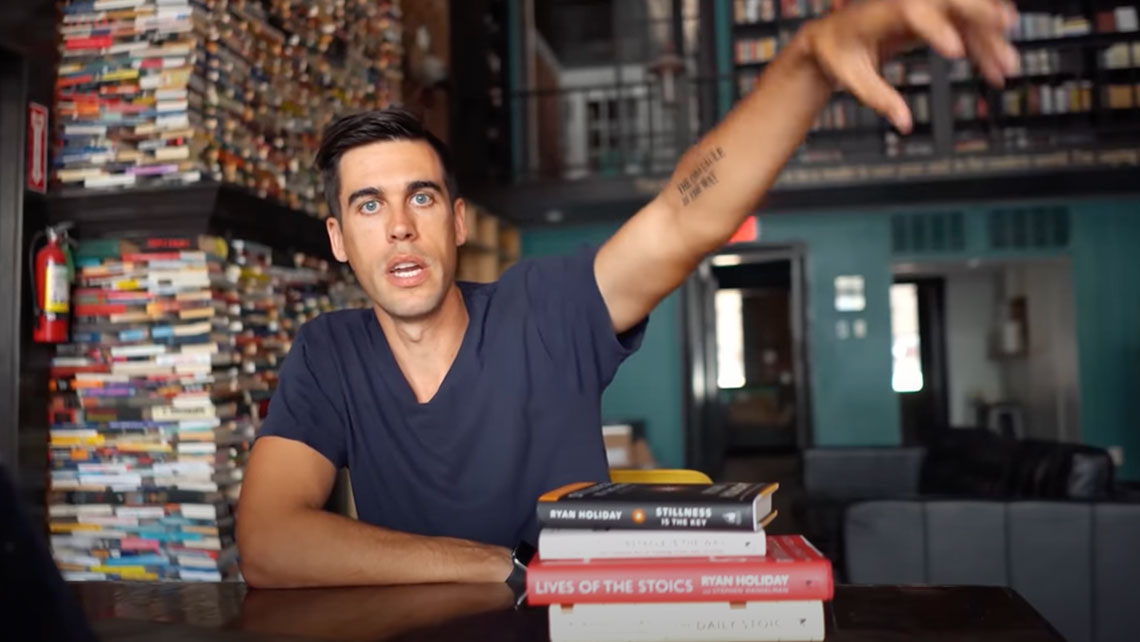When COVID-19 vaccines finally became available and an end to the pandemic seemed at long last to be in sight, many of us were elated—until it came time to actually find a vaccine appointment.
The vaccine rollout has been scattered and confusing across much of North America, making many people feel lost, confused and frustrated as they try to navigate the various portals, bookings and eligibility requirements of their local regions.
It’s been particularly frustrating for seniors, who are at higher risk of severe COVID-19 symptoms, and often less digitally savvy than some of their younger counterparts.
It’s into this gap between immediate need and digital prowess that Marla Zwinggi has inserted herself.
As Reader’s Digest reports, the 40-year-old mother of three has been spending up to ten hours a day online since February, helping people secure vaccine appointments that they couldn’t find themselves.


